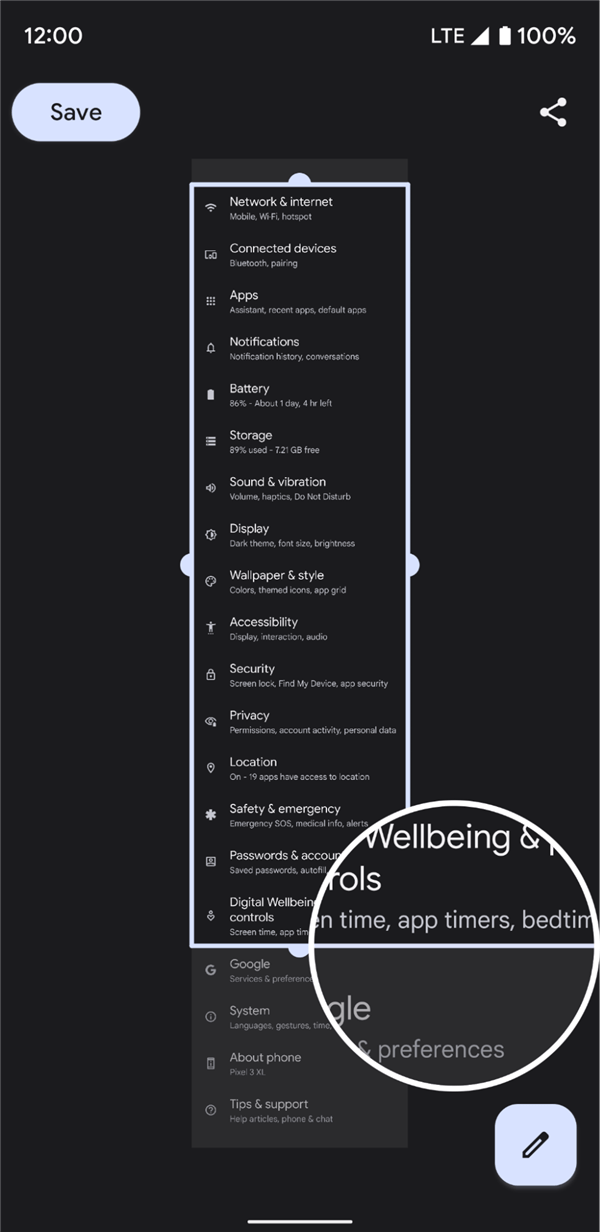### Is a Loan an Asset? Understanding the Financial Implications
In the realm of personal finance and accounting, the question "Is a loan an asset?" often arises, prompting individuals and businesses alike to scrutinize t……
In the realm of personal finance and accounting, the question "Is a loan an asset?" often arises, prompting individuals and businesses alike to scrutinize their financial statements and understand their financial standing. To delve deeper into this topic, we must first clarify what constitutes an asset and how loans fit into the broader financial landscape.
#### What is an Asset?
An asset is defined as any resource owned by an individual or entity that is expected to provide future economic benefits. Assets can be tangible, such as real estate, vehicles, and equipment, or intangible, like patents and trademarks. They are recorded on a balance sheet and play a crucial role in determining the overall financial health of a person or business.
#### Understanding Loans
A loan, in contrast, is a sum of money borrowed from a lender, typically with the agreement to repay it with interest over a specified period. Loans can be secured, meaning they are backed by collateral, or unsecured, which means they are not tied to any specific asset. Common types of loans include personal loans, mortgages, and business loans.

#### Is a Loan an Asset?
Now, to directly address the question: "Is a loan an asset?" The answer is nuanced. A loan itself is not an asset for the borrower; rather, it is a liability. When an individual or a business takes out a loan, they incur a debt that they are obligated to repay. This debt represents a future outflow of resources, which is why it is classified as a liability on the balance sheet.
However, from the lender's perspective, a loan can indeed be considered an asset. When a bank or financial institution issues a loan, it expects to receive repayments with interest, thus generating income. For the lender, the loan represents a future inflow of cash, making it an asset in their financial records.
#### The Implications of Loans on Financial Statements

For borrowers, understanding the distinction between assets and liabilities is crucial for effective financial management. When assessing one's financial health, it is essential to consider not only the assets owned but also the liabilities incurred through loans. High levels of debt can negatively impact credit scores and limit future borrowing capacity.
On the other hand, for lenders, managing loans as assets involves assessing the risk of default and ensuring that the interest earned justifies the risk taken. Lenders must perform due diligence before issuing loans, evaluating the borrower's creditworthiness and ability to repay.
#### Conclusion
In summary, while a loan is not an asset for the borrower, it is an asset for the lender. Understanding this distinction is vital for anyone involved in financial planning, whether as a borrower or a lender. By grasping the implications of loans on financial statements, individuals and businesses can make informed decisions that align with their financial goals.

In conclusion, the question "Is a loan an asset?" serves as a reminder of the complexities of financial terminology and the importance of understanding how different financial instruments affect overall financial health. Whether you are managing personal finances or running a business, being aware of the nature of loans and their classification can lead to better financial decisions and strategies.